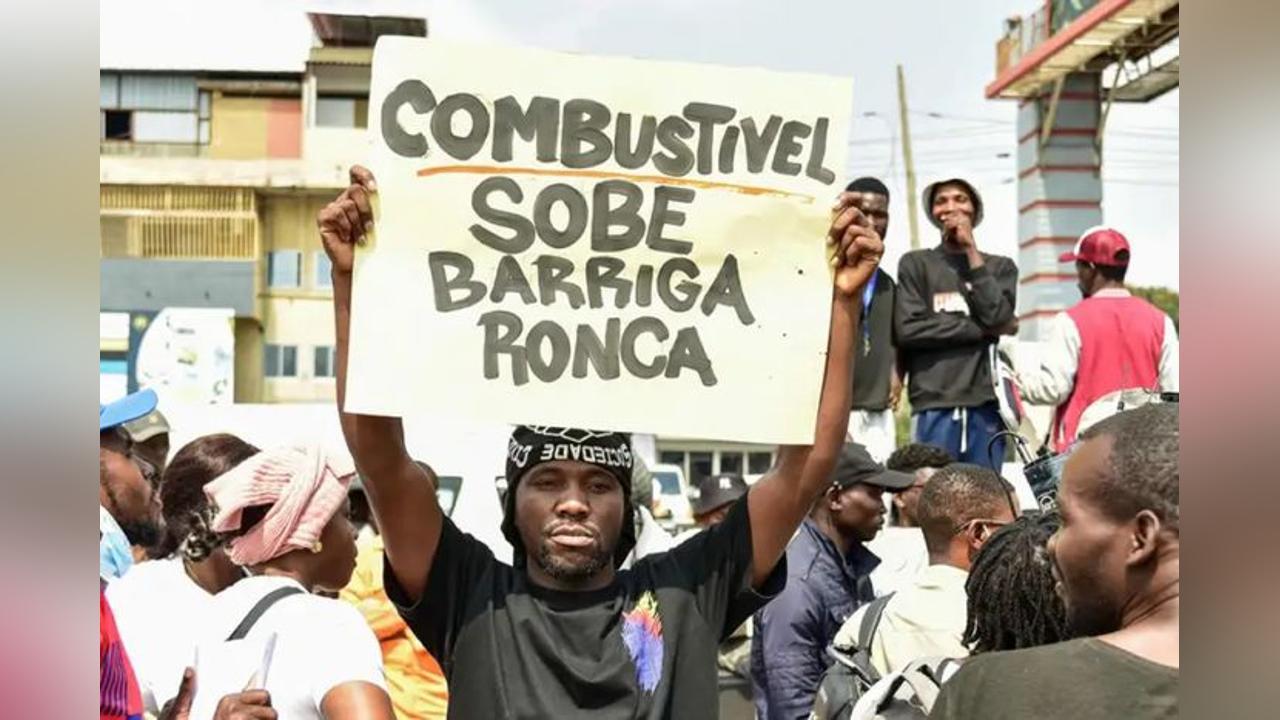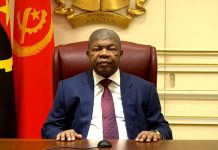By Rafael Morais
Africa-Press – Angola. Reading the signs of the times is an essential skill for any leader, whether within a family, an institution, an organized group, or a government. It’s part of the routine of taking stock, analyzing crises, and preventing ruptures. When this reading fails, it creates tensions that could be avoided with dialogue and intelligence.
A people’s discontent doesn’t arise overnight; it’s the result of accumulated frustrations, broken promises, and a widespread sense of injustice. Faced with this, the wisest response isn’t to find a scapegoat, but to understand the true causes. Unfortunately, however, we’ve witnessed a dangerous tendency to blame everything and everyone, except ourselves.
It’s fashionable these days to blame social media, opponents, critics, and even ordinary citizens for any damage to the image of power. But before we accuse the social thermometer of being broken, we need to ask ourselves what our temperature was before the fever rose? Are we listening to the voices that cry out, or are we simply trying to silence them?
Often, those on the outside can better see how we’re driving our vehicles. The warning signs have always been there. The problem is that by ignoring them, we create the conditions for something bigger and uncontrollable. Listening sometimes saves more than repressing. Ignoring this logic leads us to the famous belated regret, expressed in the phrase “If I had known…”. But, as always, this thought comes after the storm, never before.
Let’s look at contemporary reality. In several African countries, including Angola, peaceful demonstrations have been treated as threats to national security, when in fact they are a cry for dignity. Recently, we saw protests by taxi drivers and ordinary citizens turn into tense episodes precisely because the government preferred repression to listening. The rising cost of living, the lack of opportunities, and inequality cannot be resolved with imposed silence.
Outside of Africa, Latin America offers us recent lessons. In Chile, the 2019 public transportation fare hike sparked an uprising that revealed something much larger: the social crisis rooted in the economic system. The initial response was repression, but the result was a movement so powerful that it led to a constituent process.
History is an inescapable testament. In the 1980s, the popular uprisings that toppled dictatorships in Latin America and Eastern Europe were born from a sentiment similar to the current one: a people tired of being ignored. The Apartheid regime in South Africa tried to silence voices for decades, but in the end, the imposed silence cost them dearly.
Even great empires fell through the same mistake: underestimating the power of collective discontent. The Roman Empire succumbed not only to external invasions but also to its inability to respond to internal crises, ignoring clear signs of social exhaustion.
There are elements that contribute to avoiding this trap.
1 – Active listening and ongoing dialogue
It’s not enough to speak to the people only in times of crisis; it’s necessary to listen before the crisis sets in. Community listening forums and public consultations should be routine, not emergency, practices.
2 – Transparency in communication
Lack of information fuels rumors and increases distrust. When the government doesn’t speak, someone will speak for it, and not always truthfully. Communicating honestly prevents chaos.
3 – Immediate relief policies
Not all structural problems have quick solutions, but symbolic gestures and temporary measures can calm tensions. Acknowledging difficulties is better than denying the evidence.
4 – Reform before the revolt
History shows that governments that anticipate change avoid violent ruptures. Investing in social policies, education, employment, and the fight against corruption is a powerful antidote to crises.
5 – Demilitarization of the response
The use of force as a first response is a strategic and moral error. Police forces should protect citizens, not turn them into enemies. Repression creates martyrs, and martyrs create movements.
6 – Read the signs of the times with humility
The biggest mistake any leader makes is believing that dissatisfaction is just noise. In politics, forced silence is just the prelude to the din.
Remember that when a government insists on silencing the voice of the weary people, it doesn’t eliminate the problem; it merely postpones the inevitable. Repression isn’t an antidote to the crisis; it fuels it. The true act of leadership is to face the discomfort of listening, change course, and accept that no society can sustain itself on forced silence.
Because, in the end, those who ignore the signs of the weather discover that the storm does not come by chance.
For More News And Analysis About Angola Follow Africa-Press






